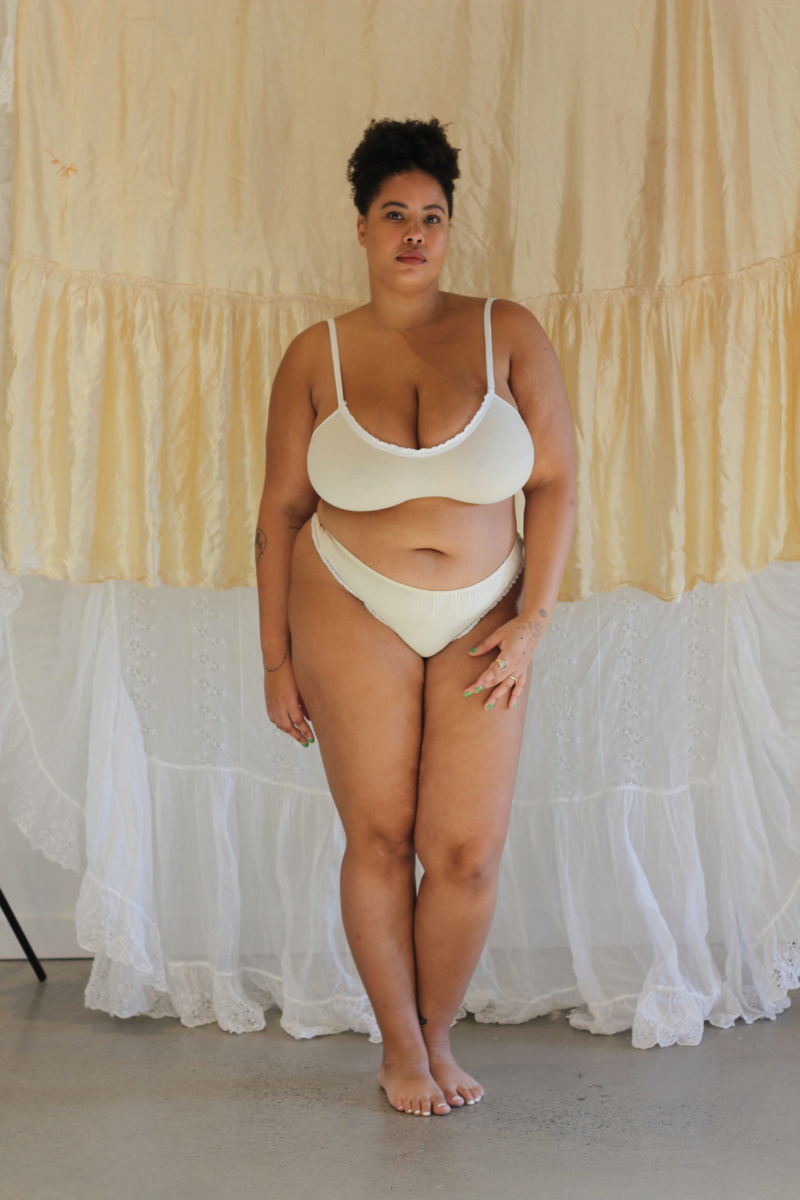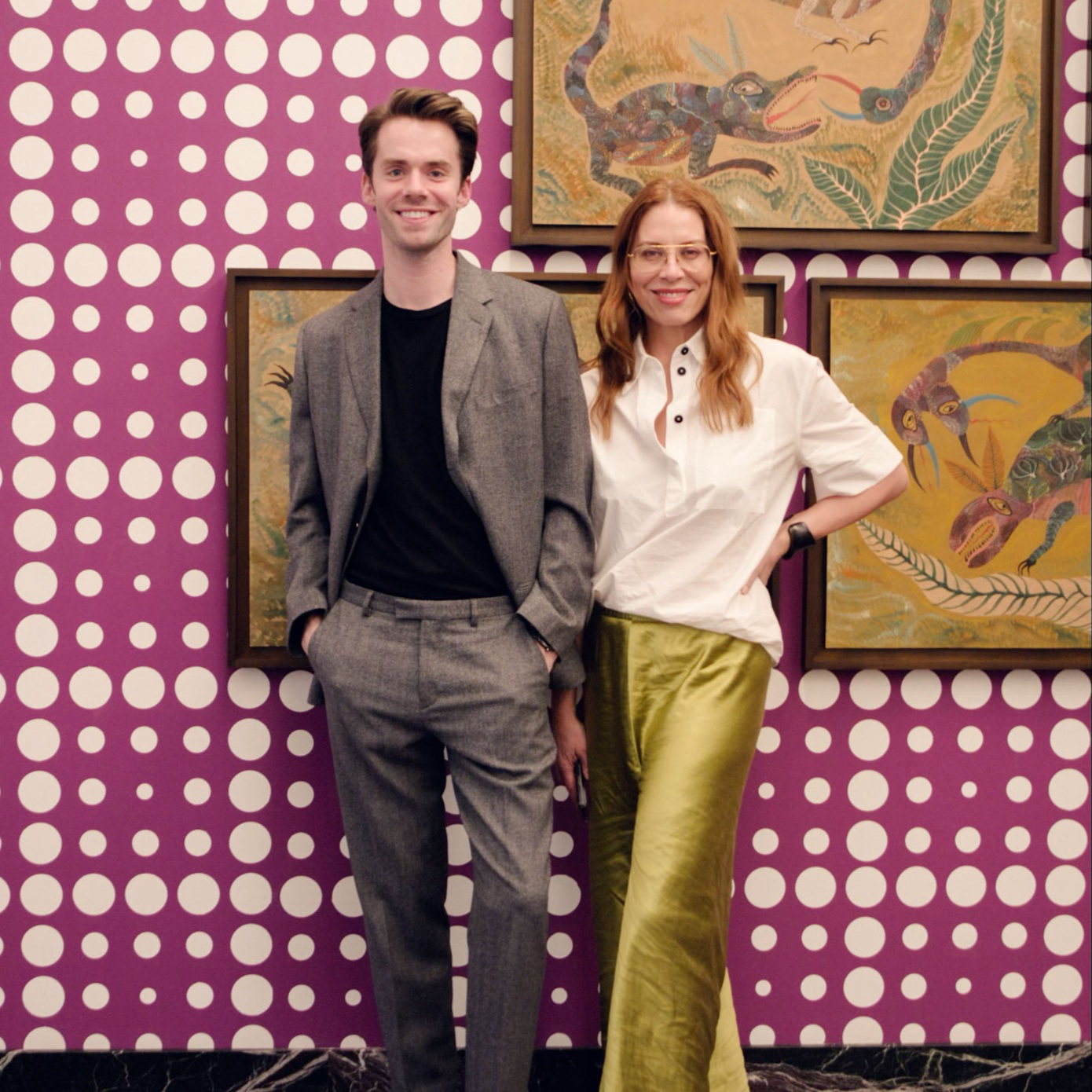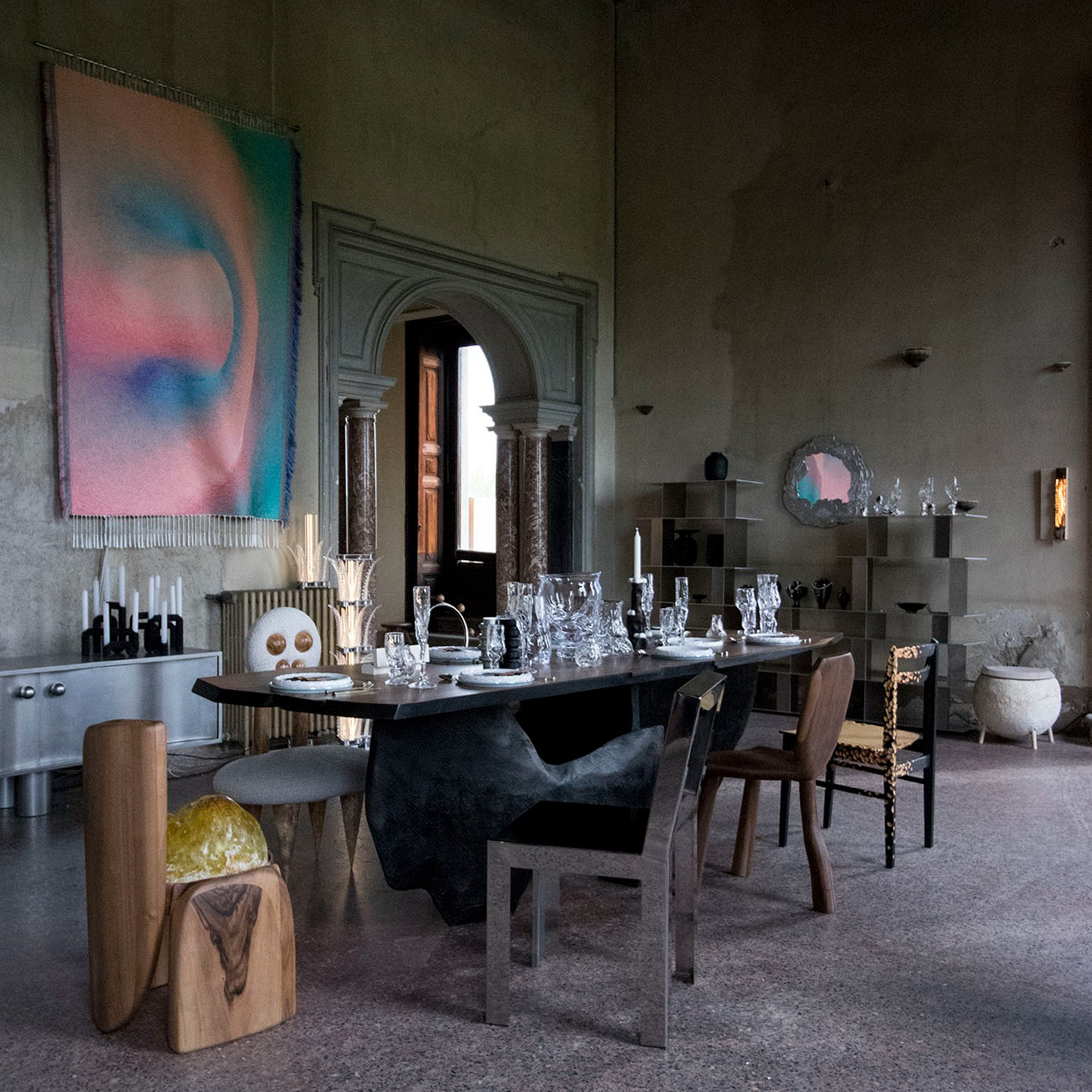
When Vancouver-based designer Renée Rechtschaffner made the decision to return to fashion she resolved that this time would be different. She set strict parameters for herself, using the food industry’s 95% organic rule as a measuring tape for building out a lingerie-focused line using all natural and ultimately recyclable fabric. In February 2020 she soft launched Smith Bowen for Valentine’s Day with a capsule of feminine contemporary separates with what feels like Edwardian intuition. Then the world changed.
A year later, Rechtschaffner is more determined than ever to stick with her premise, especially since it seems to be working. “My first time around in fashion, I didn't know the impact of what I was doing, the pollution I was creating. Now we are more educated, and you can’t avoid it,” Rechtschaffner explains by phone. “When I decided to return to the industry I knew this time around I would have to hold myself accountable to my ethics. I needed to commit to being good to myself and the environment—not just in my work but in every facet of life.”

Keeping this promise takes effort. Rechtschaffner tells me she had to consciously slow down everything in her life so that she could actually eat, shop, speak, research, make and grow more thoughtfully. “I promised this time around I wouldn’t be cruel to myself. Fashion loves deadlines, especially tight ones. I don’t,” she says. “I keep my word to my clients and friends but I don’t hold myself to strict deadlines. I let things be fluid. It cuts down on the unnecessary sense of panic that enables us to forget the importance of what's in front of us.” This flexibility of mindset enabled her to clear the hurdles COVID-19 threw alongside the normal humps of a first year in business.
She also had a guardian angel in the form of her daughter, Michaela Rechtschaffner of Pearle Knits, who encouraged her mother to launch something of her own and gave her advice along the way. “She’s been invaluable to the process,” Rechtschaffner states.
While her daughter’s success with independent fashion helped embolden Rechtschaffner, her personal impetus was a growing sense that she needed to revive the DIY attitude of her childhood, which the designer sees as a potential avenue for reimagining the fashion industry today. Her own desire to make cotton lingerie comes out of this return to nature and the basics of wardrobe. “Luxury doesn't have to be incredibly toxic and cost a gazillion dollars,” the designer says. “It’s an attitude that can be applied anywhere. It can be that oil you slip into a bath or a pair of underwear you always feel comfortable in.”

It’s hard to argue that there is anything more luxurious than a pair of handmade organic bloomers; it’s as if the #MyCalvins campaign promise was actually fulfilled. So, it comes as no surprise that her customer base for now aligns with Calvin Klein’s: landlocked Gen Z and millennials, who are flocking to the designer for her cottagecore approved intimates. Rechtschaffner is happy to connect with a younger set but hopes in the future to see more buy-in from other generations. In this vein, she continues to emphasize relationship-building, which she sees as essential to design’s success in general. One method for initiating repeated contact: a recycling program. Once your unmentionables have worn through, Smith Bowen will take them back and upcycle them into something new. Sometimes round two is more beautiful than you’d know



